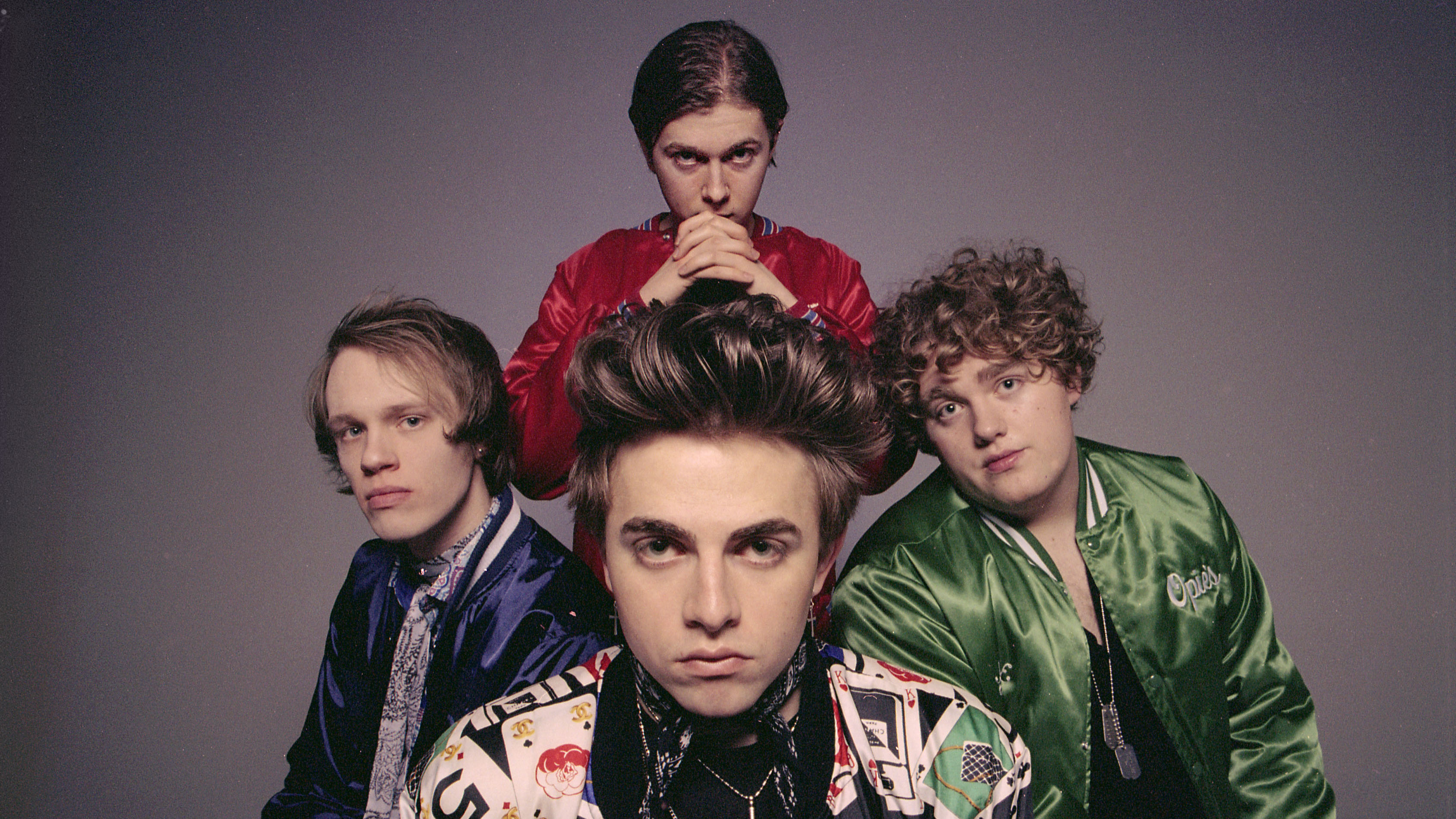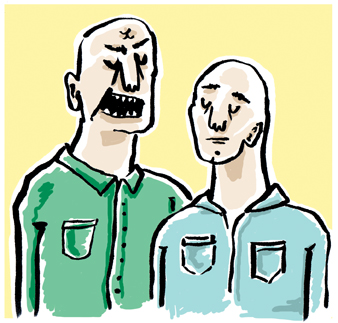My morning routine often looks something like this: I wake up to an obnoxious alarm at 8 a.m., grind coffee beans, brew myself a cup and then enjoy burning the roof of my mouth with my dad. Just like the pioneers used to, although they probably didn’t have automatic coffee grinders. While the pioneers probably used coffee to power through the dysentery ravaging their intestines, to me and my dad, coffee is a ritual. The term “ritual” might have some odd connotations for a reader, but in actuality, it is relatively mundane. For the purpose of definition, rituals are more than just routines. They are acts of repetition that can be a routine, cultural engagement or religious activity. Even the very mundane act of blowing out a candle and singing for our friends on their birthdays is a ritual.
There is a twofold nature to my typical morning ritual. First, I have a consistent habit of grinding coffee and brewing it, which starts my day off with a simple task that is easy to complete. Second, I begin my day with what is typically a very positive social interaction.
Studies indicate that routine, or ritual, especially for those struggling with mental health, can be critical in providing a sense of structure and control in one’s life. In the article “Why Routines Matter,” researchers Femke Koome, Clare Hocking and Daniel Sutton found that routines were particularly valuable for adolescents dealing with mental illness. The researchers found that routine, or ritual, helped adolescents struggling with mental illness to develop a sense of control and prevent stressors.
Furthermore, evidence indicates that family routine can provide resilience against crisis by promoting family unity and close relationships. Studies on crisis find that time spent together along with ritual fosters resilience within the family unit against due to their promotion of healthy dynamics.
My dad’s and my routine began closely after the loss of my uncle Jamie, who unfortunately passed away last year. Having this structure during a period of loss, confusion and hurt likely benefited both of us. I know it certainly helped me.
However, outside of improving social cohesion and providing stability during crisis, routines have importance in our day-to-day lives. Routines can reduce stress while promoting structure in our lives, especially healthy routines like reasonable amounts of sleep. While promoting bedtime might be the most boring thing I have ever done in writing, it certainly isn’t harmful to suggest a better sleep schedule.
The history of partaking in caffeinated beverages dates back much further than when I first learned to grind and brew. Drinking tea as a medicine or stimulant was first practised in ancient China around 4,000 years ago. As time passed, the culture of tea took off in China and tea began to spread across the world.
At least one tea enjoyer, Lu Yu, set out to write a book about it. Yu’s book Cha Jing, known in English as The Classic of Tea, details the proper way to cultivate and enjoy tea with details such as the gathering of water and tea itself. Not only was tea important to Yu, and likely all who enjoyed his book, but so too was the ritual and details of the tea itself.
If we look at religious rituals, clearly people have always derived something of value from routine. Christian baptism, Harai and other forms of purification in Japanese Shintōism as well as the spiritual practice of sweats in numerous Indigenous cultures show that people feel replenished and cleansed from rituals. A majority of the world follows some sort of religion. With that in mind, billions of people probably follow some sort of typical religious ritual.
Of course, just because a large number of people continually engage in a behaviour doesn’t mean it’s positive. Habitual drinking and smoking are rituals that millions of people across the world engage in frequently. While these acts could very well provide social cohesion, they can also kill you. Coffee, however, is a mostly harmless drink that many people worldwide partake in. Nations around the world have distinct cultures around coffee. Italy in particular is home to numerous styles of coffee, with the trade of coffee itself originating in Arabia hundreds of years ago. In simple terms, coffee as a ritual has roots around the world.
The point I am hopefully illustrating is that ritual, routine, habit or whatever term you prefer is a critical part of human history, society and health. While my dad and I aren’t conducting baptisms, purification rituals or prayer together, we are engaging in a daily habit that provides structure and social cohesion.
Though my dad and I are individuals engaging in routine together, ritual as a concept itself is part of a greater social behaviour that spans the entirety of history.
The key takeaway is that ritual is an important and natural part of life. Engaging in ritual can improve our mental health and social well-being with others while providing structure. Family dinner, coffee with friends or a daily walk are deeper parts of life than they are given credit for. Morning coffee is more than just a cup of hot water with caffeine, it is a ritual that connects people, it connects me and my dad with every bean I grind.





